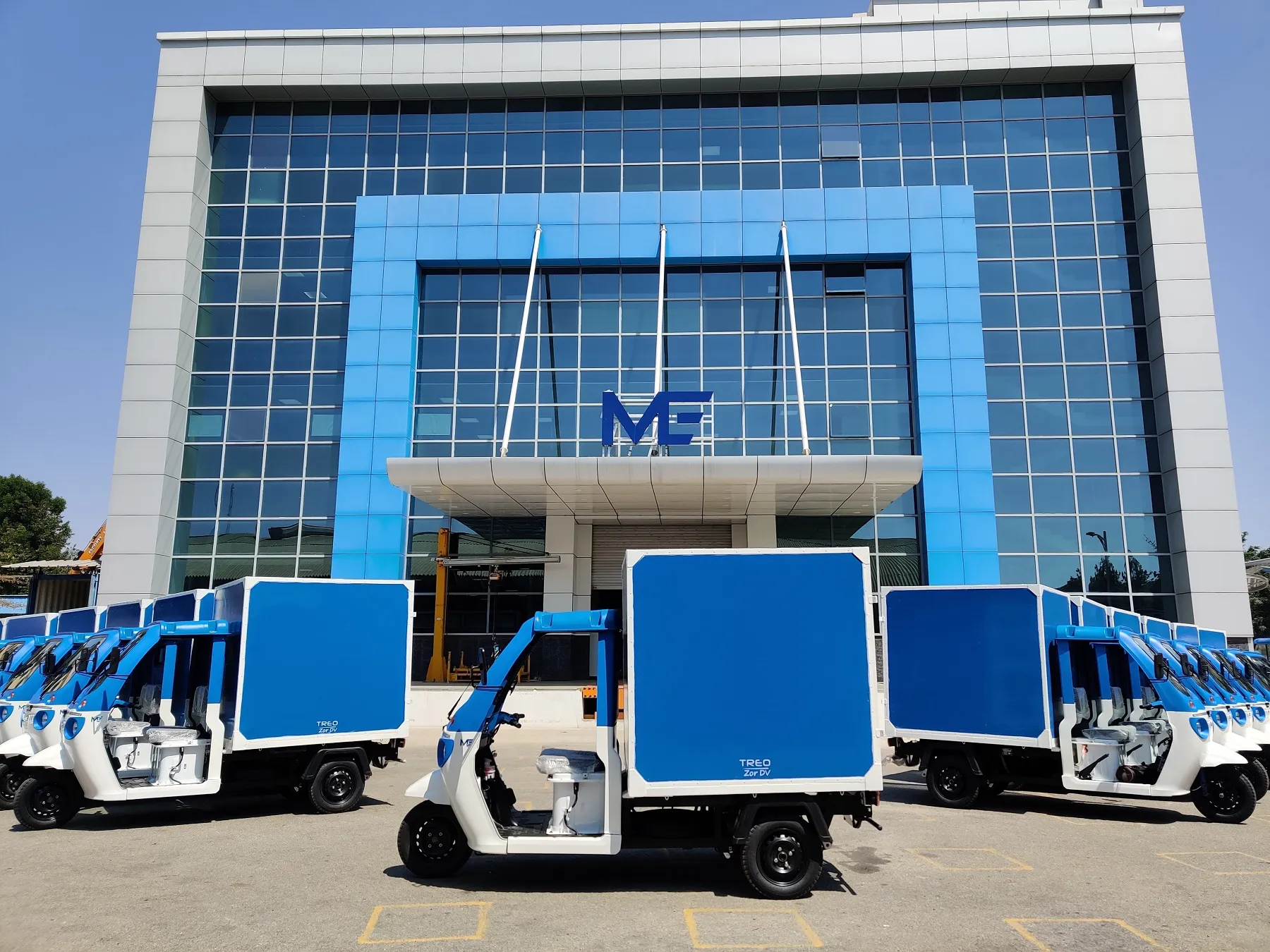Smart city road manufacturer
The solution can be installed around existing street furniture and offers an alternative to digging up the road to install new cables – which is expected to save up to £4,000 per charging point.
Crown’s platform comes with dual sockets which allow two vehicles to be charged simultaneously with a 7kW capacity per socket. The charge point also comes with an optional system that filters NOx from the environment.
Users will be able to pre-book a charge point via a mobile app to help ensure secure payments for the electricity consumed.
Crown International to provide EV charging infrastructure in UK
Smart city road manufacturer Crown International says its double electric vehicle (EV) charge point could save UK local authorities £3bn. The solution is intended to provide an intelligent infrastructure which does not clutter road space and helps to encourage more drivers to switch to EVs. The solution can be installed around existing street furniture and offers an alternative to digging up the road to install new cables – which is expected to save up to £4,000 per charging point. Crown’s platform comes
June 22, 2018
Read time: 1 min








